Câu hỏi tiếng Anh về kiến thức xã hội là gì? Hơn 100+ câu hỏi tiếng anh trắc nghiệm kiếm thức xã hội có đáp án, nhiều lĩnh vực khác nhau.
Trong bối cảnh toàn cầu hóa và hội nhập quốc tế ngày càng sâu rộng, tiếng Anh không chỉ là công cụ giao tiếp mà còn là chiếc “chìa khóa vàng” mở ra kho tàng tri thức nhân loại.
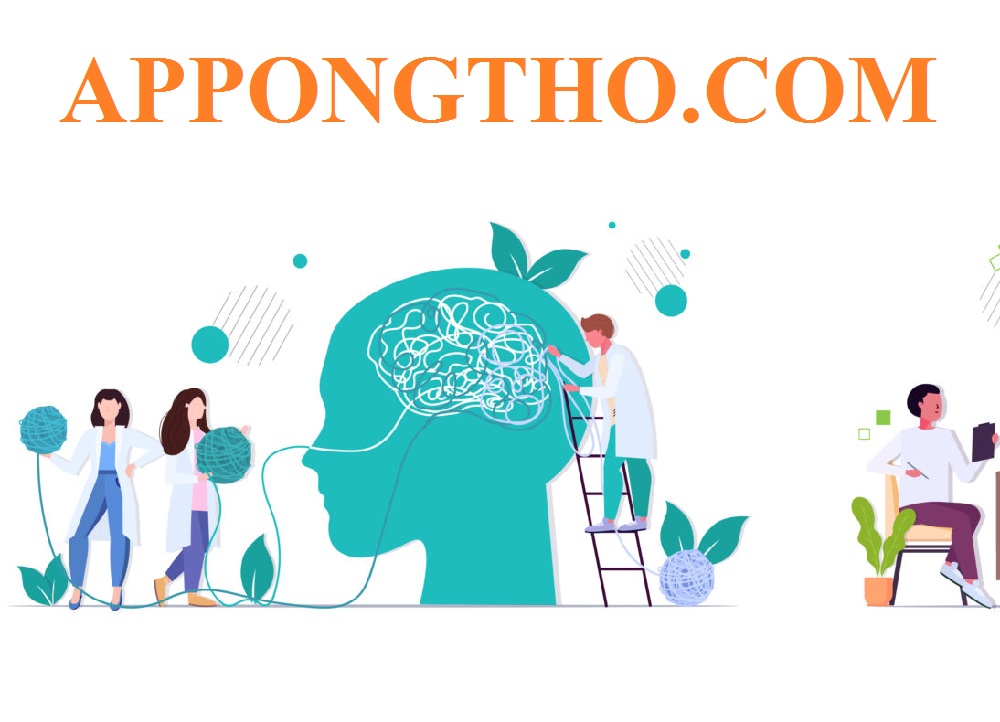
100+ Câu Hỏi Tiếng Anh Trắc Nghiệm Kiến Thức Xã Hội Có Đáp Án
Một trong những hướng học tiếng Anh mang tính ứng dụng cao và giúp người học mở rộng tư duy là học tiếng Anh qua kiến thức xã hội – tức là kết hợp ngôn ngữ với hiểu biết về các vấn đề thực tiễn trong cuộc sống, kinh tế, văn hóa, chính trị, môi trường, khoa học, công nghệ và đạo đức xã hội.
Câu hỏi tiếng Anh về kiến thức xã hội chính là những câu hỏi được biên soạn nhằm kiểm tra và củng cố cả hai yếu tố: năng lực ngôn ngữ và nhận thức xã hội.
Thông qua các dạng trắc nghiệm ngắn, câu hỏi tình huống, hoặc phân tích lựa chọn đúng – sai, người học không chỉ rèn kỹ năng từ vựng, ngữ pháp và đọc hiểu mà còn được tiếp cận các vấn đề mang tính toàn cầu như biến đổi khí hậu, bình đẳng giới, giáo dục, phát triển bền vững, quyền con người, y tế cộng đồng, và công bằng xã hội.
Trắc nghiệm tiếng Anh trong kiến thức xã hội là hình thức kiểm tra, đánh giá khả năng hiểu biết của người học về các vấn đề xã hội thông qua ngôn ngữ tiếng Anh. Nội dung của các bài trắc nghiệm này thường bao gồm các câu hỏi liên quan đến văn hóa, kinh tế, chính trị, giáo dục, môi trường, quan hệ quốc tế, và đời sống con người. Mục tiêu của dạng bài này không chỉ là kiểm tra năng lực ngôn ngữ, mà còn là đánh giá mức độ hiểu biết và khả năng vận dụng kiến thức xã hội trong bối cảnh toàn cầu hóa.
Ví dụ, một bài trắc nghiệm có thể hỏi về “the impact of climate change on developing countries” (tác động của biến đổi khí hậu lên các quốc gia đang phát triển), hoặc “the role of social media in modern communication” (vai trò của mạng xã hội trong giao tiếp hiện đại). Những câu hỏi như vậy giúp người học rèn luyện tư duy phản biện, khả năng diễn đạt và phân tích thông tin xã hội bằng tiếng Anh.
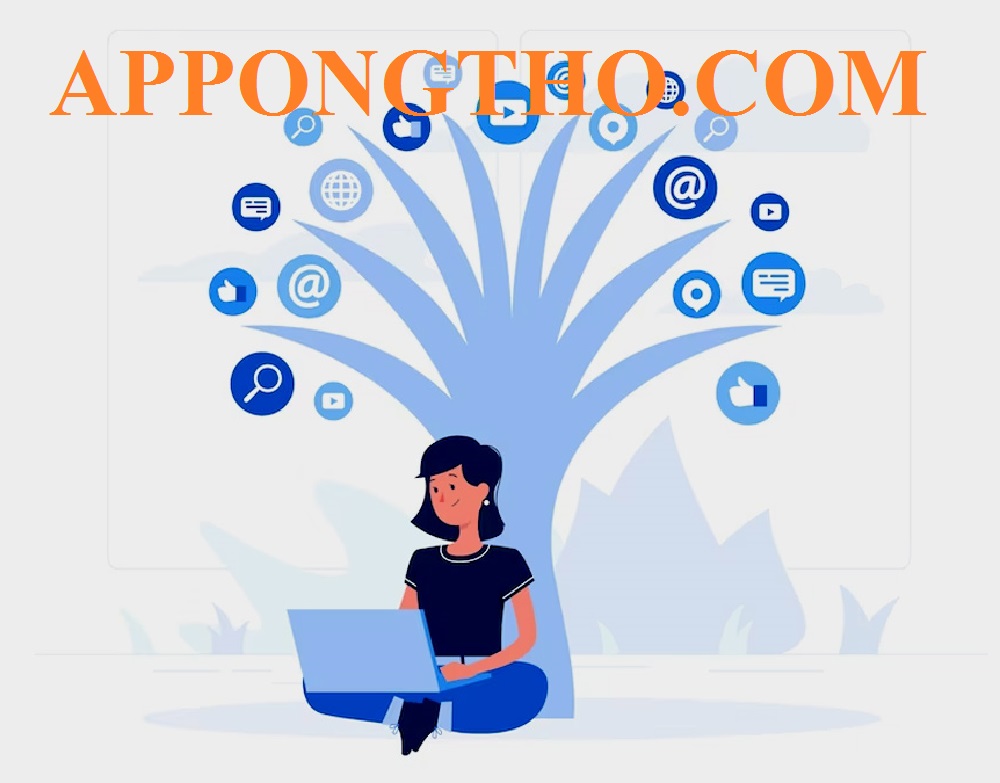
Trắc nghiệm tiếng Anh trong kiến thức xã hội là gì
Kiến thức xã hội là tập hợp hiểu biết của con người về các hiện tượng, quá trình và mối quan hệ trong xã hội — bao gồm văn hóa, kinh tế, chính trị, pháp luật, giáo dục, lịch sử, tâm lý và môi trường. Đây là nền tảng giúp mỗi cá nhân nhận thức được vai trò, trách nhiệm của mình trong cộng đồng và biết cách ứng xử phù hợp trong các tình huống xã hội khác nhau.
Kiến thức xã hội không chỉ đến từ sách vở hay trường lớp, mà còn được hình thành qua trải nghiệm thực tế, giao tiếp hàng ngày, phương tiện truyền thông, và quá trình học hỏi liên tục.
Trắc nghiệm tiếng Anh về kiến thức xã hội là công cụ hữu ích để vừa rèn luyện kỹ năng ngôn ngữ, vừa mở rộng tầm hiểu biết về xã hội toàn cầu.
Việc thường xuyên luyện tập dạng bài này giúp người học không chỉ nâng cao khả năng tiếng Anh mà còn phát triển tư duy logic, khả năng phản biện và nhận thức xã hội sâu sắc — những năng lực thiết yếu trong thế kỷ 21.
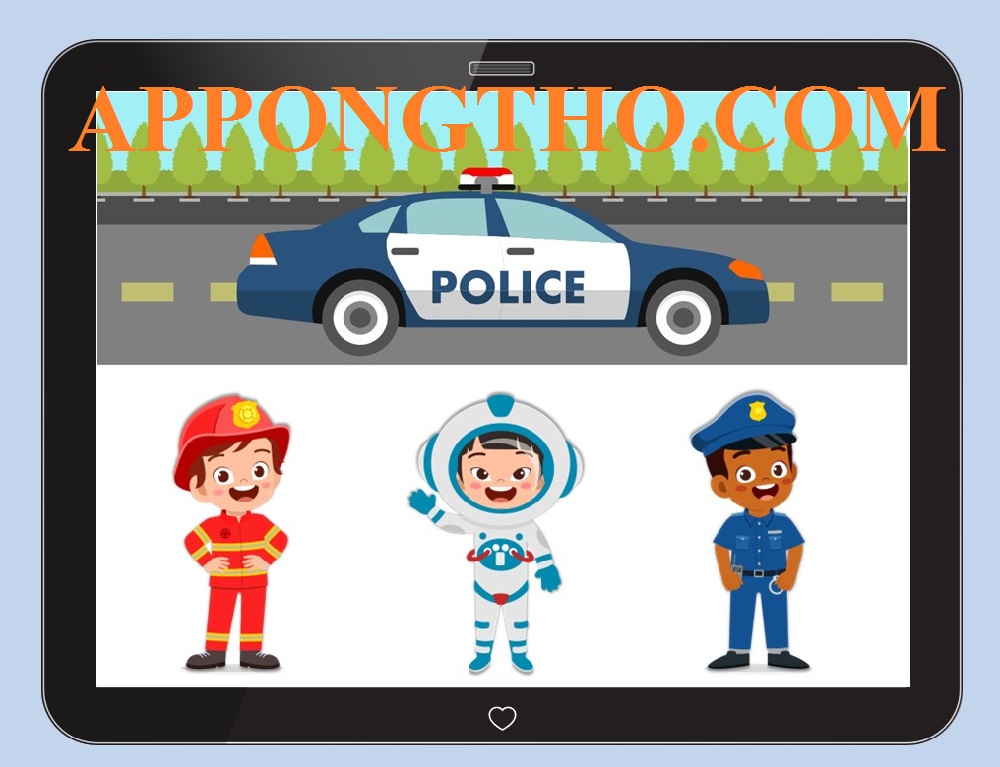
110+ Câu hỏi tiếng anh trắc nghiệm kiếm thức xã hội có đáp án
Việc luyện tập với hơn 100+ câu hỏi tiếng Anh trắc nghiệm kiến thức xã hội có đáp án mang lại rất nhiều lợi ích thiết thực:
Bộ câu hỏi này được chia thành các lĩnh vực – bao quát từ môi trường, giáo dục, y tế, kinh tế, văn hóa, đạo đức, đến các chủ đề hiện đại như công nghệ, truyền thông, toàn cầu hóa và nhân quyền.
Mỗi câu hỏi đều có giải thích chi tiết, đáp án rõ ràng và phân tích ngắn gọn, giúp người học dễ dàng tự luyện tập, ôn thi hoặc áp dụng trong giao tiếp và viết luận xã hội bằng tiếng Anh.
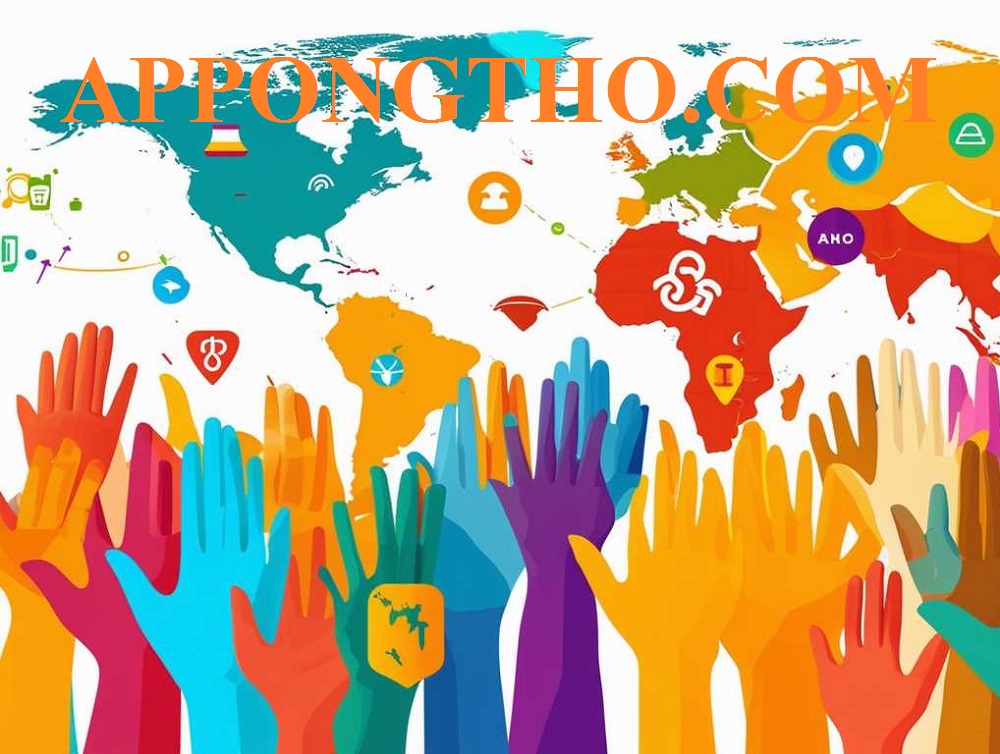
🌍 I. ENVIRONMENTAL AWARENESS
Global warming is primarily caused by human activities that release greenhouse gases into the atmosphere.
These actions trap heat and increase global temperatures rapidly.
Reducing emissions is crucial to protect Earth’s climate balance.
Everyone can help minimize pollution through daily habits that conserve resources.
Small personal actions collectively make a big difference.
Each eco-friendly choice builds a cleaner, greener planet.
Conserving water ensures sustainable supply for future generations.
Water-saving habits reduce strain on global resources.
Every drop saved today supports life tomorrow.
Carbon dioxide traps heat and is a key contributor to the greenhouse effect.
Its buildup leads to rising temperatures and melting ice caps.
Controlling $CO_2$ levels is vital for global climate stability.
Forests absorb $CO_2$ and provide oxygen, supporting global biodiversity.
Deforestation disrupts ecosystems and causes climate imbalance.
Protecting forests means preserving the Earth’s lungs.
It’s development that meets present needs without harming future generations.
Sustainability balances human progress and nature’s limits.
Sustainable actions secure prosperity for both people and planet.
Education shapes individuals into knowledgeable, responsible citizens.
It is the foundation of progress and social equality.
An educated society builds a strong, democratic nation.
Lifelong learning means continuously acquiring knowledge throughout life.
It keeps people relevant and resilient in modern times.
Continuous learning creates adaptable and wise citizens.
Critical thinking helps people analyze and solve complex problems effectively.
It enables innovation and independent thought.
Critical thinking empowers learners to face global challenges.
Technology connects learners globally and provides instant access to knowledge.
It enhances flexibility and engagement in modern classrooms.
EdTech builds bridges to lifelong learning opportunities.
Education equality ensures that everyone has a fair chance to succeed.
It helps societies grow inclusively and sustainably.
Inclusive education creates empowerment for all communities.
Teachers inspire minds and nurture responsible, informed citizens.
They build the human foundation of every successful nation.
A great teacher can change the course of a student’s life.
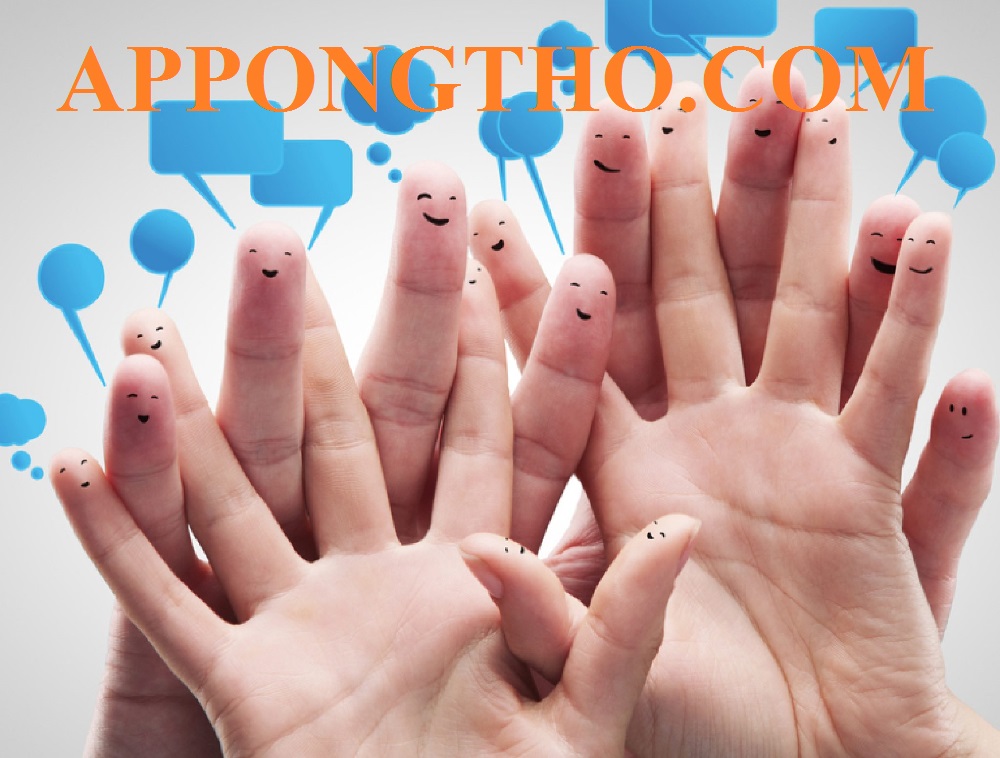
👩⚕️ III. HEALTH AND HYGIENE
Regular handwashing is one of the simplest and most effective health practices.
It reduces illness spread in families and communities.
Good hygiene habits save lives daily.
Mental health refers to emotional, psychological, and social well-being.
Maintaining mental balance is vital for overall health.
Strong mental health leads to happier, more productive lives.
Exercise strengthens the body and improves mental focus.
Regular activity keeps the heart and mind healthy.
Healthy habits today prevent diseases tomorrow.
A balanced diet fuels the body with essential nutrients for growth.
Proper nutrition prevents malnutrition and chronic illness.
Good food choices are key to lifelong wellness.
Public health protects populations from diseases through prevention programs.
It ensures the well-being of entire communities.
Strong public health equals a strong nation.
Sleep restores the body and strengthens the brain’s memory functions.
A lack of sleep leads to poor health and fatigue.
Good sleep is nature’s best medicine for a healthy life.
Law exists to maintain order, protect citizens, and ensure fairness.
A strong legal system builds public trust and peace.
Law is the backbone of a stable and ethical society.
The rule of law means everyone is equal under the law, including leaders.
It ensures no one is above the law.
A fair society depends on the rule of law being respected.
Human rights laws defend individuals against discrimination and oppression.
They uphold dignity and justice for all people.
Protecting rights strengthens democracy and humanity.
Police officers protect citizens and enforce the law with fairness.
They serve the public, not power.
Trust in police promotes peace and cooperation.
Courts settle disputes and interpret the law impartially.
They provide fairness and accountability in society.
Courts are guardians of fairness and democracy.
Corruption is the abuse of power for personal gain.
It damages trust and weakens governance.
Fighting corruption is essential for national integrity.
Innovation and productivity drive sustainable economic development.
Balanced growth benefits all sectors of society.
A strong economy creates opportunities for everyone.
Inflation occurs when the prices of goods and services rise over time.
It’s controlled through economic and fiscal policies.
Managing inflation ensures a stable economy.
Saving builds financial security and prepares for emergencies.
It helps individuals achieve long-term goals.
Financial discipline creates confidence and safety.
Unemployment is when people willing to work cannot find jobs.
Governments aim to lower it through economic reforms.
Reducing unemployment builds social stability and growth.
A sustainable economy balances growth with environmental and social goals.
It focuses on prosperity without harming nature.
Sustainability ensures prosperity for future generations.
Poverty means lacking basic needs like food, housing, and healthcare.
It’s both an economic and social challenge.
Fighting poverty ensures dignity and equality for all.
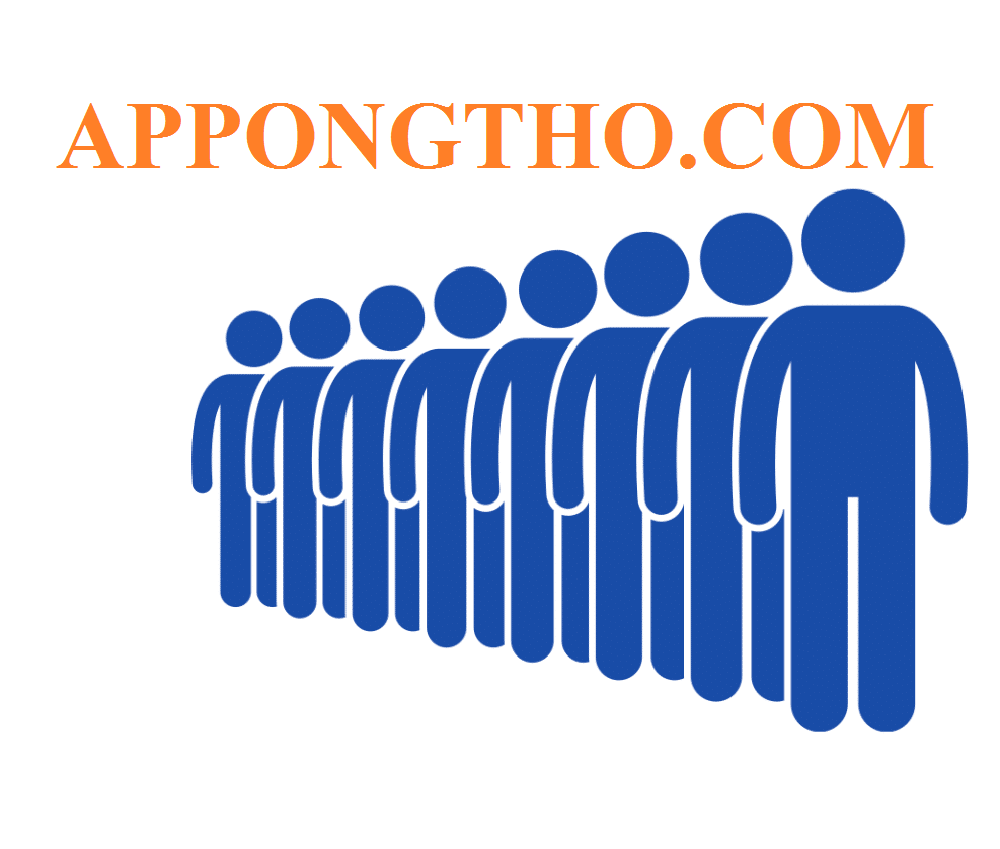
💻 VI. TECHNOLOGY AND INNOVATION
AI allows machines to perform tasks that require human intelligence.
AI changes industries and daily life worldwide.
Using AI wisely can improve human life greatly.
Cybersecurity protects computer systems and data from digital attacks.
It keeps personal and national information secure.
Digital safety is vital in a connected world.
Technology advances diagnosis, treatment, and communication between doctors.
It saves lives and improves patient outcomes.
Tech innovation is a lifeline for global health systems.
It produces clean power from sources like wind, solar, and water.
Sustainable energy helps combat climate change.
Renewable energy ensures a greener, cleaner future.
It refers to unequal access to digital technology among people or countries.
Bridging it ensures fair access to modern opportunities.
Closing the gap makes global progress inclusive.
Innovation means creating new ideas, methods, or products to solve problems.
It drives social and economic progress.
Innovation is the fuel of advancement and competitiveness.
They are basic freedoms all people deserve by being human.
These rights must be protected for all individuals.
Human rights are the universal foundation of justice.
It’s the right to express opinions without fear of punishment.
It ensures democracy and free exchange of ideas.
Freedom of speech empowers citizens to hold power accountable.
It ensures men and women have equal rights and opportunities.
It strengthens fairness and social development.
Equality builds justice and balance in society.
Child labor is forcing children to work and depriving them of education.
It violates international law and ethics.
Protecting children safeguards the future generation.
Discrimination means unfair treatment based on race, gender, or belief.
It creates division and harm in communities.
Equality must replace prejudice in every society.
Everyone has the right to learn and develop potential.
Education empowers people and strengthens nations.
Knowledge is a birthright, not a privilege.
Globalization connects countries through trade, culture, and communication.
It makes the world more interdependent.
Globalization shapes a connected modern society.
It creates new opportunities but can cause local job competition.
Balancing global and local needs is essential.
Globalization brings both opportunities and challenges.
It’s the exchange of goods and services between nations.
Trade builds prosperity and interdependence.
Fair trade fosters peace and mutual growth.
It’s a mix of shared values and practices across different societies.
It promotes understanding among diverse people.
Global culture unites humanity beyond borders.
They promote cooperation and solve global problems together.
They strengthen peace, trade, and development.
International unity ensures shared global progress.
Fair trade ensures producers in developing countries get fair prices.
It helps reduce poverty and exploitation.
Fair trade supports justice in global commerce.
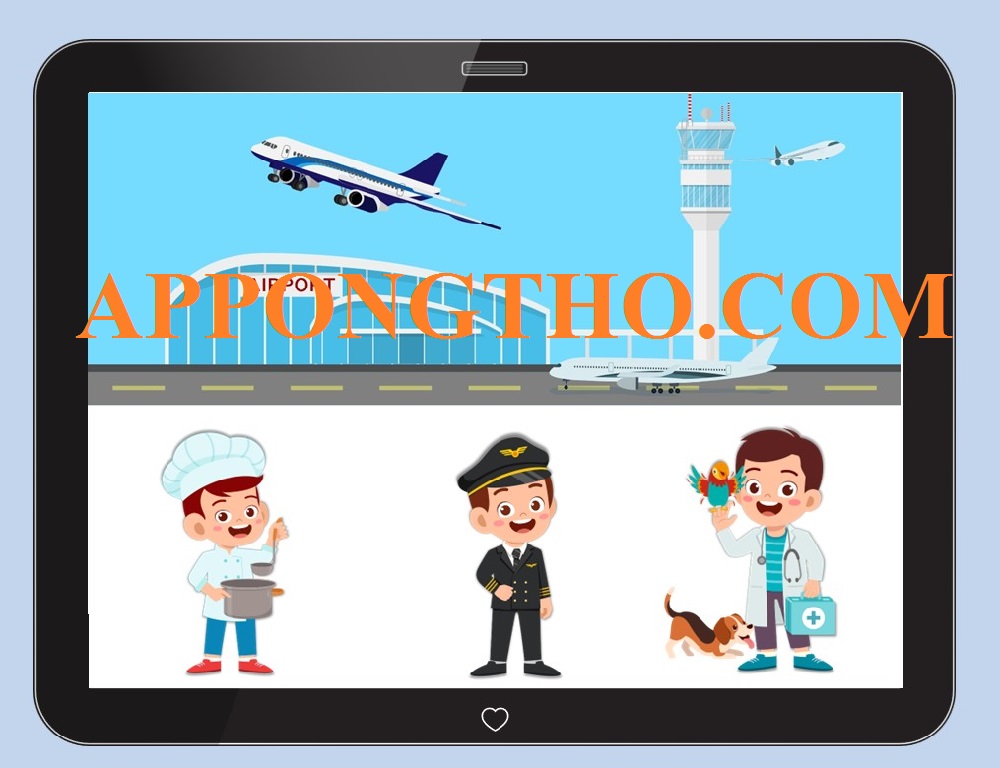
🗞 IX. MEDIA AND COMMUNICATION
Media informs, educates, and influences public opinion.
It connects citizens with facts and truth.
Responsible media is vital for democracy.
Fake news is false information spread to mislead people.
It confuses the public and distorts truth.
Critical thinking helps stop misinformation.
It exposes truth and keeps power accountable.
Journalists defend democracy and transparency.
Honest journalism strengthens a free society.
It’s the exchange of information through electronic devices.
Digital tools make global interaction faster and easier.
Digital communication shapes modern human connection.
It’s the ability to evaluate and interpret information critically.
It prevents manipulation by misinformation.
Media literacy empowers informed citizens.
Social media influences communication, culture, and politics.
It has both positive and negative effects.
Using social media wisely creates awareness and unity.
It’s the ability to understand and manage emotions effectively.
It helps improve relationships and teamwork.
Emotional intelligence builds harmony and leadership.
Stress management means controlling mental pressure positively.
It maintains health and productivity.
Good stress control improves quality of life.
Teamwork combines strengths to achieve common goals.
It increases efficiency and creativity.
Teamwork builds unity and shared success.
Motivation drives people to act toward their goals.
It influences performance in all aspects of life.
Motivation fuels growth, progress, and perseverance.
Empathy is the ability to understand others’ feelings deeply.
It strengthens relationships and reduces conflict.
Empathy is the bridge that connects human hearts.
Self-awareness means recognizing one’s emotions, values, and behavior.
It’s essential for emotional maturity and leadership.
Self-awareness is the first step to positive change.
Democracy is a system where citizens elect leaders and influence decisions.
It ensures the government serves the people.
Democracy guarantees freedom and accountability.
Dictatorship means absolute power held by one ruler or small group.
It removes freedom and silences opposition.
Dictatorship destroys equality and justice.
It’s an organized group aiming to gain and maintain political power.
Parties represent citizens’ ideas in governance.
Political parties shape democratic representation.
Good governance ensures transparency, fairness, and accountability in leadership.
It promotes trust between people and government.
Good governance builds prosperity and integrity.
Public policy is government action to address social issues and needs.
It shapes national priorities and progress.
Public policy reflects society’s values and goals.
It allows citizens to express opinions and choose leaders freely.
It’s the core of democratic life.
Political freedom empowers civic responsibility.
It’s the misuse of power for personal or political gain.
It weakens democracy and trust.
Eradicating corruption restores fairness and confidence.
Civic responsibility is active participation in public life for the common good.
It strengthens community and democracy.
Government organizes society, provides services, and enforces laws.
It manages resources for the public benefit.
A good government safeguards peace and justice.
It’s the management of government policies and services.
It ensures efficiency and accountability in governance.
Public administration delivers fairness and stability.
Society is a group of people living together with shared systems and culture.
It’s the foundation of human development.
Society thrives on connection and shared values.
It’s confusion or anxiety when exposed to a new culture.
It’s part of cultural adaptation.
Understanding differences helps global harmony.
It’s the division of society into classes based on wealth or status.
It affects access to opportunity.
Reducing inequality builds fairer communities.
Urbanization is the growth of cities due to migration and development.
It changes social and economic life.
Urbanization transforms lifestyles and challenges planning.
It’s the ability to move up or down the social or economic ladder.
It defines fairness in a society.
Mobility motivates achievement and equality.
It ensures fair treatment and equal opportunity for everyone.
It creates inclusion and balance.
It’s voluntary work to improve society and help others.
It builds empathy and unity.
Helping others strengthens social connection.
It’s influence from friends to behave a certain way.
It can be positive or negative.
Awareness of peer pressure improves self-control.
It’s the duty to act in ways that benefit society.
It builds sustainable relationships.
Responsibility strengthens community trust and respect.
It’s the transformation of society’s structure and culture over time.
It shapes the way societies progress.
Social change is the engine of human advancement.
Culture is the sum of beliefs, customs, and art shared by a group.
It gives identity and unity to people.
Culture defines who we are as communities.
It includes historical buildings, art, and traditions preserved for future generations.
It connects past and present society.
Protecting heritage preserves human history.
It’s the existence of multiple cultures within a society.
It enriches creativity and understanding.
Diversity is humanity’s greatest source of strength.
It’s the feeling of belonging to a cultural group.
It shapes one’s sense of self and pride.
Cultural identity keeps our heritage alive.
It’s the spread of cultural ideas and values worldwide.
It connects but may blend local traditions.
Cultural globalization unites humanity through shared experiences.
Art expresses emotions, history, and ideas creatively.
It reflects the soul of civilization.
Art inspires thought and preserves identity.
Language is the main tool for communication and cultural transmission.
It unites people and preserves traditions.
Language is the bridge between hearts and minds.
Tradition is a custom passed through generations.
It maintains continuity in society.
Tradition links the wisdom of the past with today’s life.
It’s mainstream entertainment shared by large audiences.
It shapes modern lifestyle trends.
Pop culture reflects society’s mood and creativity.
It’s the exchange of information between people from different cultures.
It reduces conflict and builds global friendship.
Intercultural dialogue strengthens peace and cooperation.
Ethics is the study of right and wrong human behavior.
It guides decisions in life and society.
Ethics defines integrity and human dignity.
Integrity means being honest and doing the right thing even when unseen.
It earns respect and trust.
Integrity builds credibility and strong character.
Responsibility is being accountable for one’s actions and duties.
It’s essential for personal and social stability.
Responsibility turns intention into meaningful action.
Respect means valuing others’ feelings, rights, and dignity.
It promotes peace and cooperation.
Respect is the foundation of human relationships.
Honesty is truthfulness in words and actions.
It’s key to moral strength.
Honesty creates genuine trust in society.
It’s the ability to understand moral feelings of others.
It enhances fairness and kindness.
Empathy makes ethics human and heartfelt.
Fairness means treating everyone equally without bias.
It’s crucial in decisions and laws.
Fairness sustains trust and peace in society.
It’s caring for the planet through sustainable actions.
It ensures future generations thrive.
It’s dedication and discipline in one’s job or duties.
It leads to success and reliability.
Strong ethics make professionals dependable.
It’s the strength to do what’s right despite fear or opposition.
It defines true character.
Moral courage transforms principles into action.
It is a systematic approach to research through observation and experimentation.
It ensures reliable and objective knowledge.
Slogan là gì? 70+ Slogan Về Uy Tín – Chất Lượng – Thương Hiệu
The scientific method advances human understanding of the world.
It is the direct manipulation of an organism’s genes using biotechnology.
It offers potential for medical and agricultural breakthroughs.
Genetic engineering is transforming health and food security.
Einstein’s theory explaining the relationship between space and time, and gravity.
It revolutionized modern physics and cosmology.
Relativity reveals the deep structure of the universe.
It aims to expand scientific knowledge, find new resources, and ensure human survival.
Space research drives innovation on Earth.
Exploring space is exploring the limits of humanity.
Vaccines train the immune system to recognize and fight diseases effectively.
They have eradicated or controlled many infectious diseases.
Vaccination is one of the greatest achievements in global health.
It was a time of rebirth of art, culture, and intellectual thought in Europe.
It bridged the Middle Ages and modern civilization.
The Renaissance laid the groundwork for the modern world.
It was a rapid shift to machine manufacturing and new energy sources.
It fundamentally changed human society, economy, and environment.
The Industrial Revolution defined modern economic power.
It was an intellectual movement emphasizing reason, individualism, and human rights.
Its ideas fueled democratic revolutions worldwide.
The Enlightenment established the values of modern democracy.
Archaeology is the study of human history through the excavation of artifacts and sites.
It helps piece together the lives of ancient civilizations.
Archaeology unlocks the hidden stories of the past.
A primary source is an original, first-hand account or object created at the time of an event.
It provides direct evidence about a historical period.
Primary sources are crucial for accurate historical research.
Bộ sưu tập hơn 100+ câu hỏi tiếng Anh trắc nghiệm kiến thức xã hội có đáp án, trải rộng qua hàng chục lĩnh vực khác nhau, không chỉ giúp người học nâng cao vốn ngôn ngữ mà còn giúp họ thấu hiểu sâu sắc hơn về thế giới xung quanh.
Nhờ việc luyện tập thường xuyên, người học có thể:
Mỗi câu hỏi không chỉ mang giá trị ngôn ngữ, mà còn là “một mảnh ghép nhỏ của tri thức nhân loại” – nơi ngôn ngữ và nhận thức hòa quyện, giúp con người hiểu rõ hơn về mối quan hệ giữa cá nhân và cộng đồng, giữa con người và thiên nhiên, giữa quốc gia và thế giới.
Vì vậy, nếu bạn đang tìm kiếm một phương pháp học tiếng Anh thực tế – sâu sắc – toàn diện, thì việc chinh phục bộ hơn 100 câu hỏi tiếng Anh trắc nghiệm về kiến thức xã hội chính là lựa chọn tuyệt vời.
Không chỉ giúp bạn giỏi tiếng Anh hơn, mà còn giúp bạn trở thành một người hiểu biết, tự tin và sẵn sàng hội nhập toàn cầu.